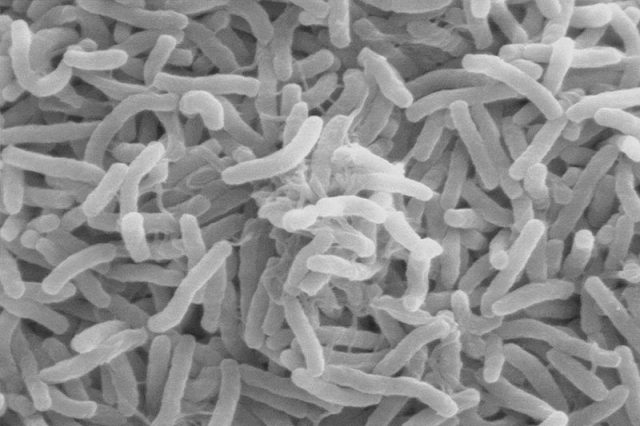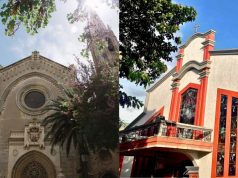MADRID — Spain’s national health ministry on Wednesday denied a report by regional counterparts that a case of locally acquired cholera had been detected for the first time in four decades, saying the case was in fact vibrio gastroenteritis.
A female patient was hospitalized in a private health care facility in Madrid and was later discharged after receiving treatment, a spokesperson for the Madrid health authority said, without providing the hospitalisation dates or other details. No other cases were reported.
“After the corresponding analyzes, it has been determined that the pathogenic agent in this case is non-toxigenic vibrio cholerae 01 and, therefore, it is not considered a case of cholera, but of vibrio gastroenteritis,” the Spanish health ministry said in a statement.
The woman was infected after drinking water from a property in Toledo, 75 km (47 miles) south of the capital in the region of Castilla La Mancha, and the property has since been closed for safety reasons, according to health officials there.
Cholera is an acute diarrhoeal infection caused by the bacteria Vibrio cholerae and can be deadly if left untreated. It is mainly spread by contaminated food and water.
The last big locally transmitted cholera outbreak in Spain was in 1979 when 267 cases were reported mainly in Barcelona and Malaga. Since then, health authorities only registered a few imported cases each year.
Periodic surges of the disease are not uncommon, especially in developing countries or war zones where treatment often is not available.
According to the World Health Organization, between 1.3 and 4 million cases of cholera are reported worldwide each year.
—Reporting by Christina Thykjaer and Emma PinedoEditing by Graham Keeley and Mark Potter










